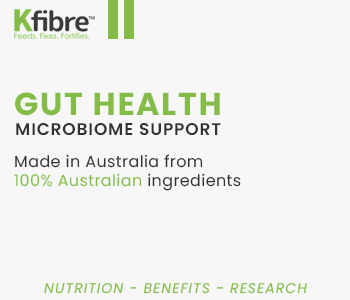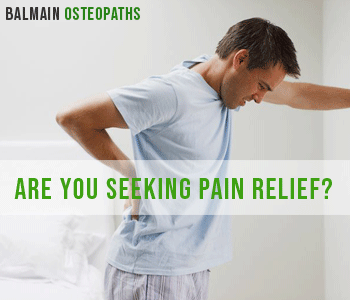By Mark Swivel
The new Public Health Order is now out which provides clarification on the extent of restrictions for unvaccinated people, which are set to take effect from Monday 11 October, among other things. More to follow tomorrow. Please email queries to connect@barefootlaw.net.au.
In short, the law will prevent unvaccinated people from working in (non-critical) retail, hospitality (pubs, cafes, restaurants) and other settings – see full list below. The law will also prevent unvaccinated people from using those services or entering those premises. But everyone will still be able to access ‘critical retail services’, which limits the exclusions. The Roadmap provided last week was vague on this but the restriction and its broad scope is now obvious. The order does not say when it will end but the Roadmap indicated that 1 December 2021 will be the date on which restrictions for unvaccinated people will end.
See sections 2.18 and 2.23 of the public health order here: https://legislation.nsw.gov.au
2.18 Premises closed to unvaccinated adults (1) The occupier of the following premises in the general area must take reasonable steps to ensure that an unvaccinated adult is not on the premises— (a) higher risk premises, (b) business premises that are hairdressers, spas, nail salons, beauty salons, waxing salons, tanning salons, tattoo parlours or massage parlours, (c) recreation facilities (indoors), (d) public swimming pools, (e) information and education facilities, (f) retail premises, but not critical retail premises. (2) An unvaccinated adult must not be on premises referred to in subclause (1) in the general area. (3) The occupier of higher risk premises in the general area must ensure that a person who is under 16 years of age and who is not a fully vaccinated person is not on the premises unless the person is accompanied by a person who is— (a) a member of the person’s household, and (b) a fully vaccinated person. (4) This clause does not apply to a person who is on the premises for the following purposes— (a) because of a service to assist vulnerable members of the public, for example a food bank or a service providing for the needs of homeless persons, (b) to purchase food or beverages to be consumed off the premises, (c) to attend a small funeral or memorial service or small wedding service, (d) to use a click and collect service. (5) In this clause— higher risk premises means the following— (a) entertainment facilities, (b) recreation facilities (major), (c) hospitality venues, (d) places of public worship, (e) premises at which a significant event is being held, other than a small funeral or memorial service or small wedding service.
2.23 Working from home (1) An employer must allow an employee who is a fully vaccinated person to work at the employee’s place of residence if it is reasonably practicable to do so. (2) An employer must require an employee who is not a fully vaccinated person to work at the employee’s place of residence unless it is not reasonably practicable to do so. (3) An employee who is not a fully vaccinated person must not work at a place other than the employee’s place of residence unless it is not reasonably practicable to work at the place of residence. (4) Subclause (1) does not apply to an employee to whom clause 3.19 applies.
Schedule 6 Dictionary says that: ‘critical retail premises’ means the following — (a) chemists and pharmacies, (b) garden centres and plant nurseries, (c) hardware and building supplies, (d) kiosks, (e) landscaping material supplies, (f) rural supplies, (g) shops that predominantly sell food or drinks, Example— This includes butchers, bakeries, fruit shops and delicatessens, but does not include restaurants or cafes. (h) shops that predominantly carry out repairs of mobile phones, (i) shops that predominantly sell any of the following in the course of the normal operation of the shop— (i) office supplies, (ii) pet supplies, (iii) newspapers, magazines or stationery, (iv) alcohol, (v) maternity or baby supplies, (vi) medical or pharmaceutical supplies. (j) supermarkets and grocery shops, including neighbourhood supermarkets and neighbourhood shops, (k) timber yards, (l) vehicle hire premises but not the premises at which vehicles are sold.














